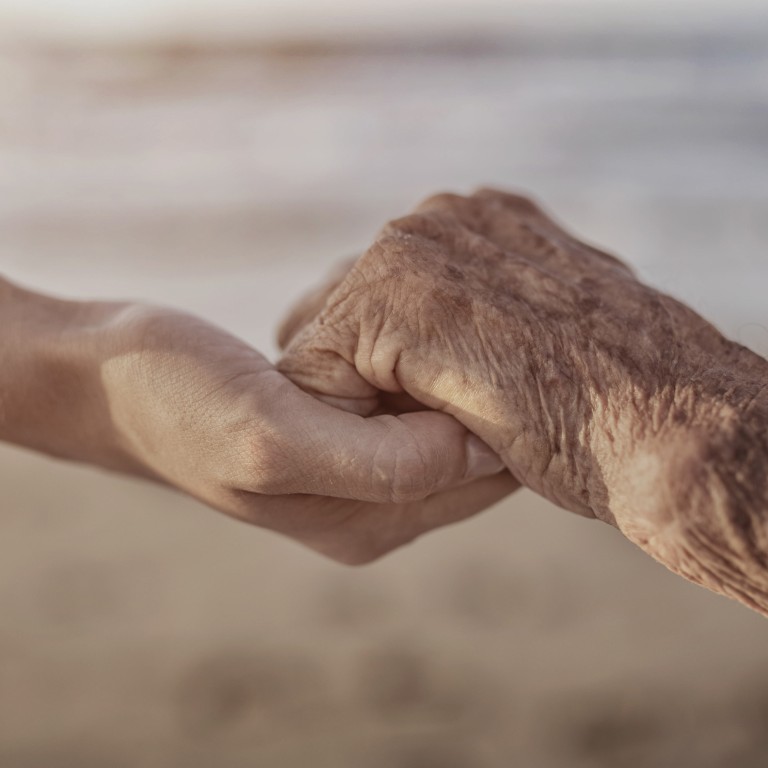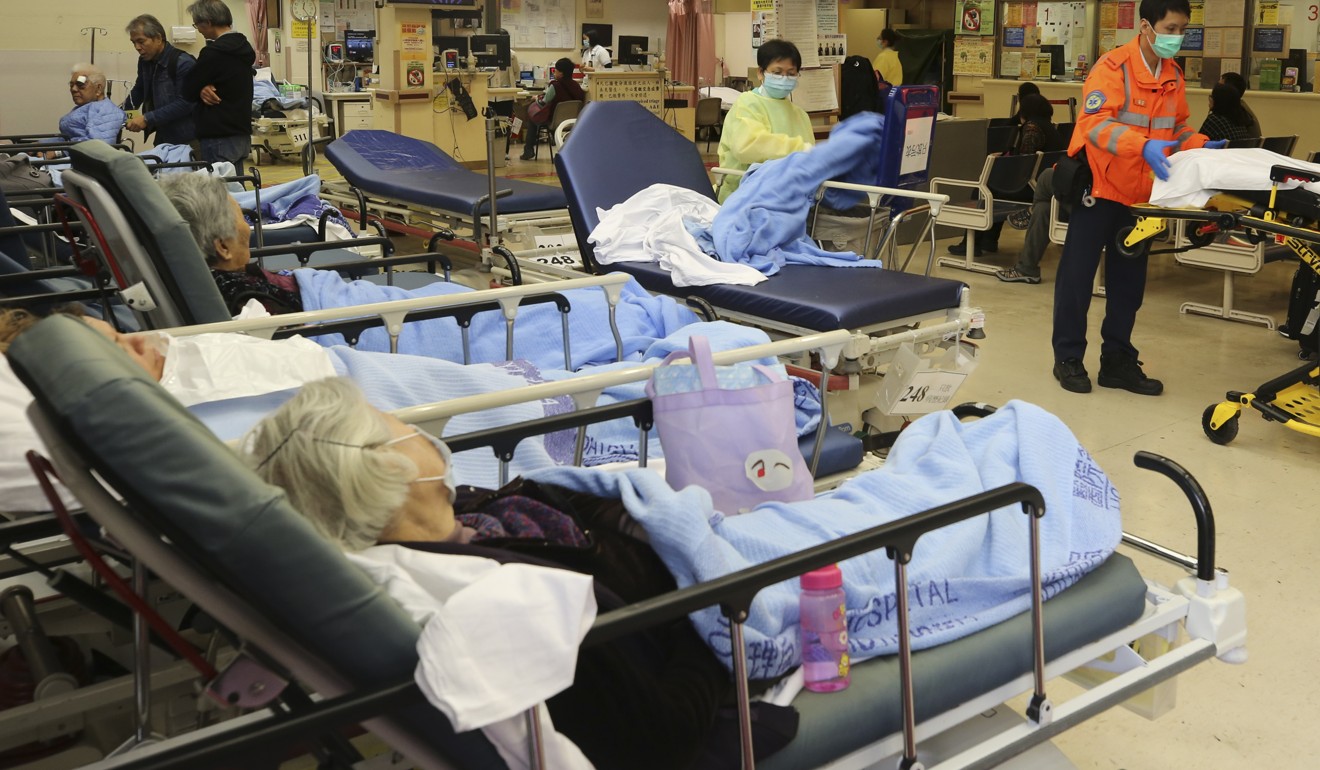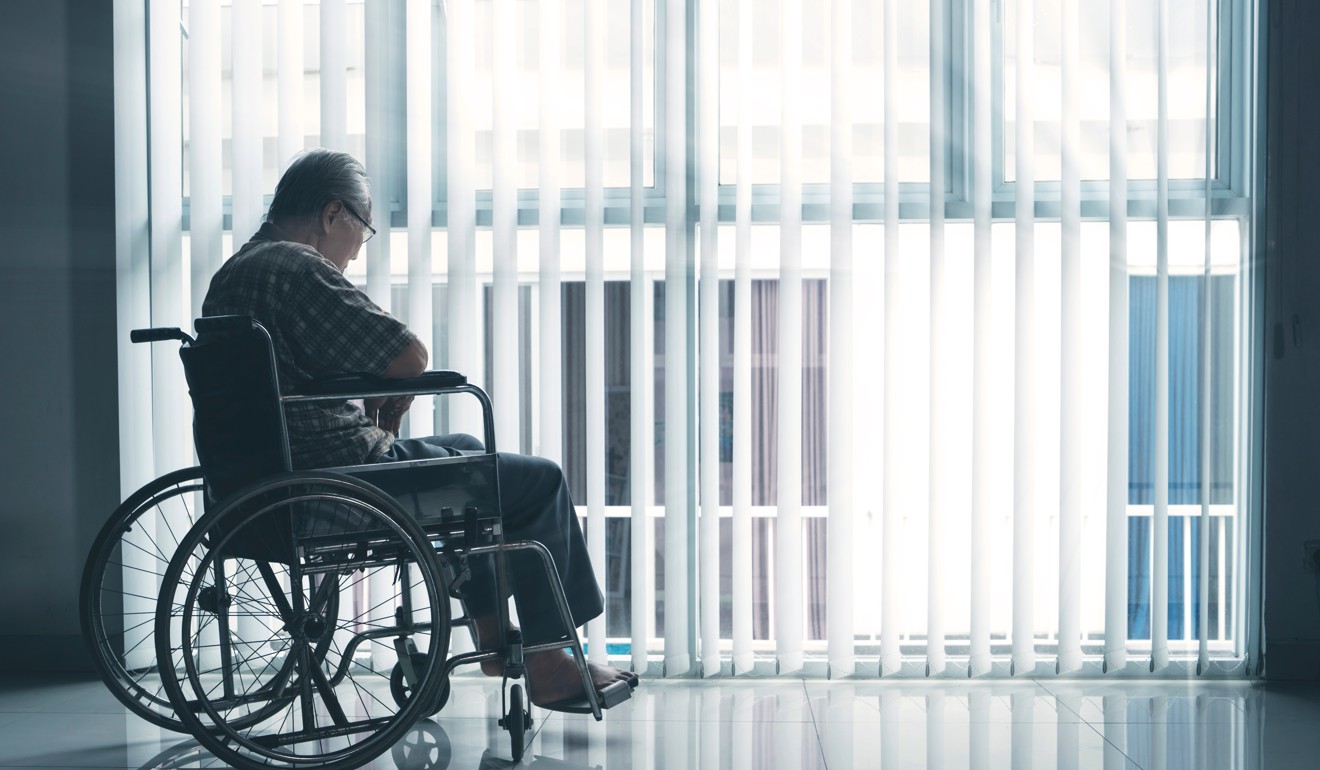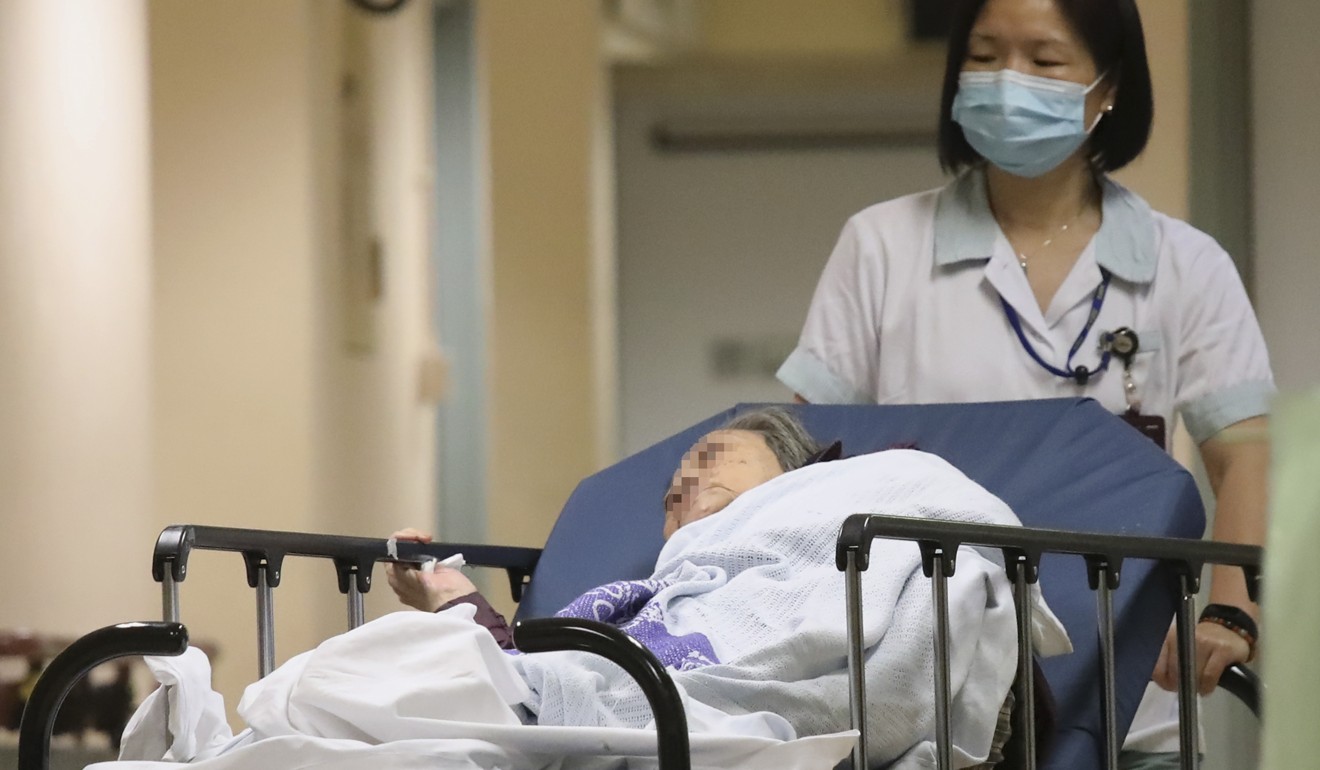
To die at home, or in hospital? Proposed changes to law aim to give Hongkongers more say on end-of-life care
- Stronger legal backing for advance directives stating individuals’ treatment preferences when terminally ill
- Proposed changes will encourage nursing homes to let residents ‘die in place’ instead of being sent to hospital
As people live longer, questions are being asked about how, and where, the elderly ought to spend their final days. In Hong Kong, with an ageing population and stretched health care system, an overwhelming 96 per cent of elderly people who died in 2017 died in hospital. Change is in the air for those who prefer to die in dignity and surrounded by familiar faces at home or in residential care homes. The Hong Kong government has begun gathering views on proposed legislation to make it easier for people to refuse certain medical treatments when they are terminally ill, or to choose to “die in place” by saying their final goodbyes at home or in care homes, not hospitals. City Weekend looks at the recommendations and what they mean for Hongkongers.
1. Can a dying person choose not to be sent to hospital or refuse treatment?
A mentally competent person can make an advance directive – also known as a living will – to indicate what life-sustaining medical treatment he does not want if he develops a serious, irreversible illness. However, there is currently no clear legal backing for these advance directives, and this creates practical difficulties in implementing the individual’s wishes.

The lack of legal support also makes it unclear whether advance directives may supersede other laws in situations when there is a conflict. For example, Hong Kong ambulance personnel are bound by the Fire Services Ordinance to resuscitate anyone who appears in need of prompt medical attention. In the absence of clear legal provisions, there is a potential for conflict between the individual’s wishes expressed in the advance directive and the ambulance officer’s obligation to provide assistance.
The need to improve care for the elderly is urgent
As for the place of death, there are currently fewer legal requirements when a person dies at home rather than in a residential care home. Under the Coroners Ordinance, if someone dies at home from natural causes, there is no need to report to the coroner if the person was diagnosed with a terminal illness or was attended to by a doctor in the 14 days before death. This is not the case for residents of care homes. All deaths in these homes must be reported to the coroner via the police, and failure to do so is a criminal offence. This requirement discourages homes from allowing elderly residents to die on the premises, despite many preferring to spend their final moments in familiar surroundings. As a result, care home staff tend to call an ambulance to take residents in deteriorating health to hospital.

2. What does the government want to change?
Advance directives will get stronger legal backing under proposals to change the law. The government is consulting the public on new legislation to help uphold the patient’s treatment preferences. This means specific treatments cannot be administered to a patient whose advance directive states that he does not want them. Ignoring the patient’s preferences could lead to claims for damages by the patient or the estate of patients who die.
An advance directive is considered valid if it is sufficiently clear and is not challenged on the grounds that the patient was under undue influence or not mentally capable of making it. The government is proposing a minimum age of 18 for those making an advance directive spelling out their preferences, including the life-sustaining treatments they do not want. According to Hospital Authority guidelines, these treatments refer to any with the potential to postpone death, including cardiopulmonary resuscitation (CPR), artificial ventilation, and specialised treatments, such as chemotherapy or dialysis.

There is also a proposal to amend the Coroners Ordinance so that residential care homes do not have to report a death if the resident was seen by a doctor in the preceding 14 days, a final diagnosis was made, and the cause of death determined. This change will remove the hurdle for elderly home operators to enable their residents to die in place, rather than in hospital.
Hong Kong will need 48 new elderly care homes every year, expert warns
3. Do the changes mean Hong Kong wants to allow euthanasia or assisted suicide?
No. An advance directive cannot include anything that is against the law, such as euthanasia. The proposed legislation makes clear that an advance directive cannot include the refusal of basic and palliative care essential to keep a person comfortable, such as nursing care, pain relief, keeping the patient warm. Nor can it include a refusal to offer food and drink by mouth.
4. What are the costs associated with “dying in place”?
In a study released last year, the non-government organisation Haven of Hope Christian Service worked out that the median total end-of-life care costs paid by the government was 17 per cent less – or HK$66,080 – for nursing home residents who joined a scheme allowing them to die at the home than for those who did not join. Residents in nursing homes typically require more medical attention than those in other residential care homes.
Based on estimates from other studies, the authors projected that if all elderly people who wished to die in nursing homes died in the homes rather than in hospital, the government could save more than HK$340 million each year on end-of-life care.

Haven of Hope chief executive officer Dr Lam Ching-choi, who heads Hong Kong’s Elderly Commission and sits on the Executive Council, said medical costs for people who die in nursing homes are lower because they spend fewer days in hospital.
5. Are Hongkongers ready to accept these changes?
The number of advance directives signed by patients of the public health care system has been rising, from just 150 in 2012 to 1,557 last year. A local study also found that nearly nine in 10 older Chinese nursing home residents preferred to have an advance directive regarding their future medical treatment.
Another study by the Chinese University found that over 80 per cent of elderly persons who were expected to die within a year preferred to die at home, in hospices or elderly or nursing homes. Only 17 per cent preferred to die in hospital.
Hong Kong must do more to care for the elderly
However, those who are against encouraging dying in place raise concerns of social taboo, fear that their property value will depreciate if someone dies at home, or worry about inadequate medical support for the terminally ill at home and in elderly homes.
6. How are other countries improving the quality of life of the terminally ill?
Several jurisdictions have legislated for advance directives, including Singapore, and England and Wales in the United Kingdom. For example, an advance decision in England and Wales is legally binding as long as it complies with the Mental Capacity Act, is valid, and applies to the situation. Singapore has an act to provide for, and give legal effect to, advance directives to medical practitioners against prolonging the dying process artificially.
7. When will we know the outcome?
The public consultation runs till December 16. The Food and Health Bureau says it will consolidate and analyse the views collected before deciding the way forward.

